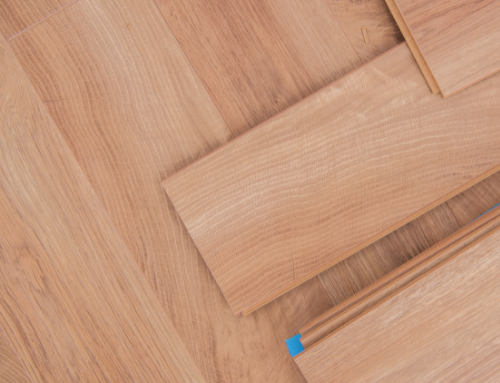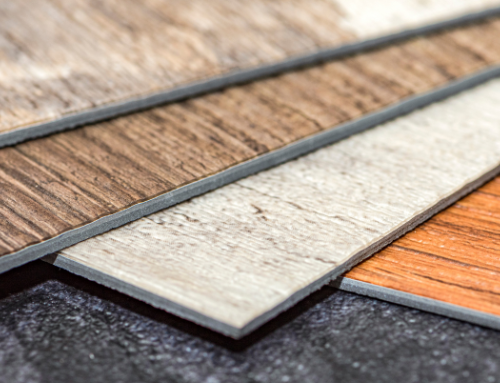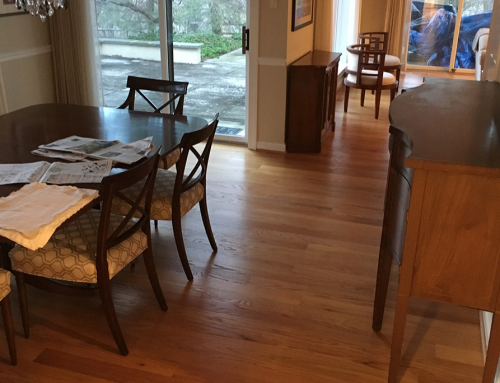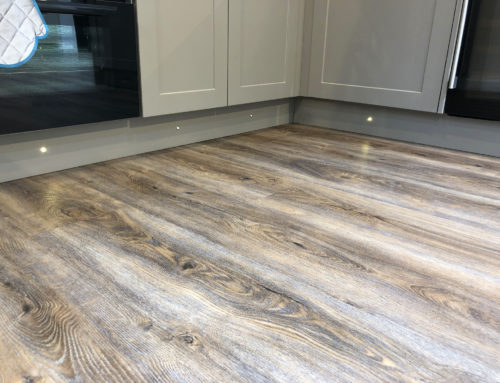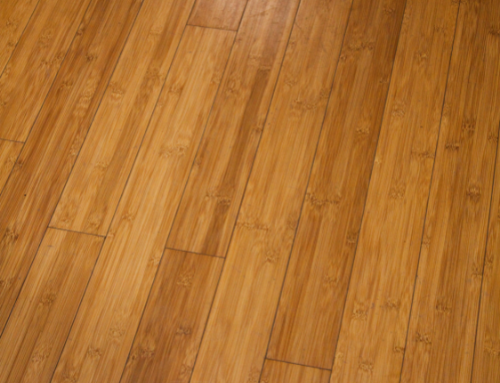While very similar in appearance, bamboo is not a solid hardwood despite its usual categorization. That being said, there are definite benefits to bamboo that are comparable to most ‘hardwoods’.
Durability
When measured for resilience to impact and scratching, hardwoods are not always the hardest. Wood sturdiness is usually measured by the Janka Hardness Tests which involves pressing a steel ball into the wood and measure how deep the remaining dents are. Surprisingly some softwoods like eastern red cedar (900 rating) and bamboo (1,300 to 1,400 hardness rating) beat out some traditional hardwoods like red oak and cherry. High-quality bamboo options even come deceptively close to hard maple.
Renewability
Bamboo is incredibly green and eco-friendly mostly because bamboo stalks take 3 to 5 years to grow to full length without the need to cut roots as opposed to hardwood trees that can take upwards of 20 years to mature and harvest, resulting in the death of the whole plant. Since bamboo is technically grass, it does not need to be fully harvested and uprooted to be used in manufacturing so it can continue growing. Bamboo is also recyclable and biodegradable, adding to the efficiency and eco-friendly ranking of the plant.
Budgeting
You get what you pay for when it comes to bamboo. High-quality options mean you’re getting a better, more durable product that’s guaranteed to be more environmentally friendly. Consider that with a higher quality product, you’ll also have comparable hardness and water protection to hardwood flooring for a similar price with a variety of grades and colors available.
Bamboo is a great option, but if you’re looking to explore your choices in flooring Keystone Floor Works boasts a variety of choices from traditional carpet and hardwoods to cork and bamboo. We’re your one-stop shop for flooring installment, purchasing, and maintenance to fit any budget and style. Call today for an always-free estimate on your current flooring project.


